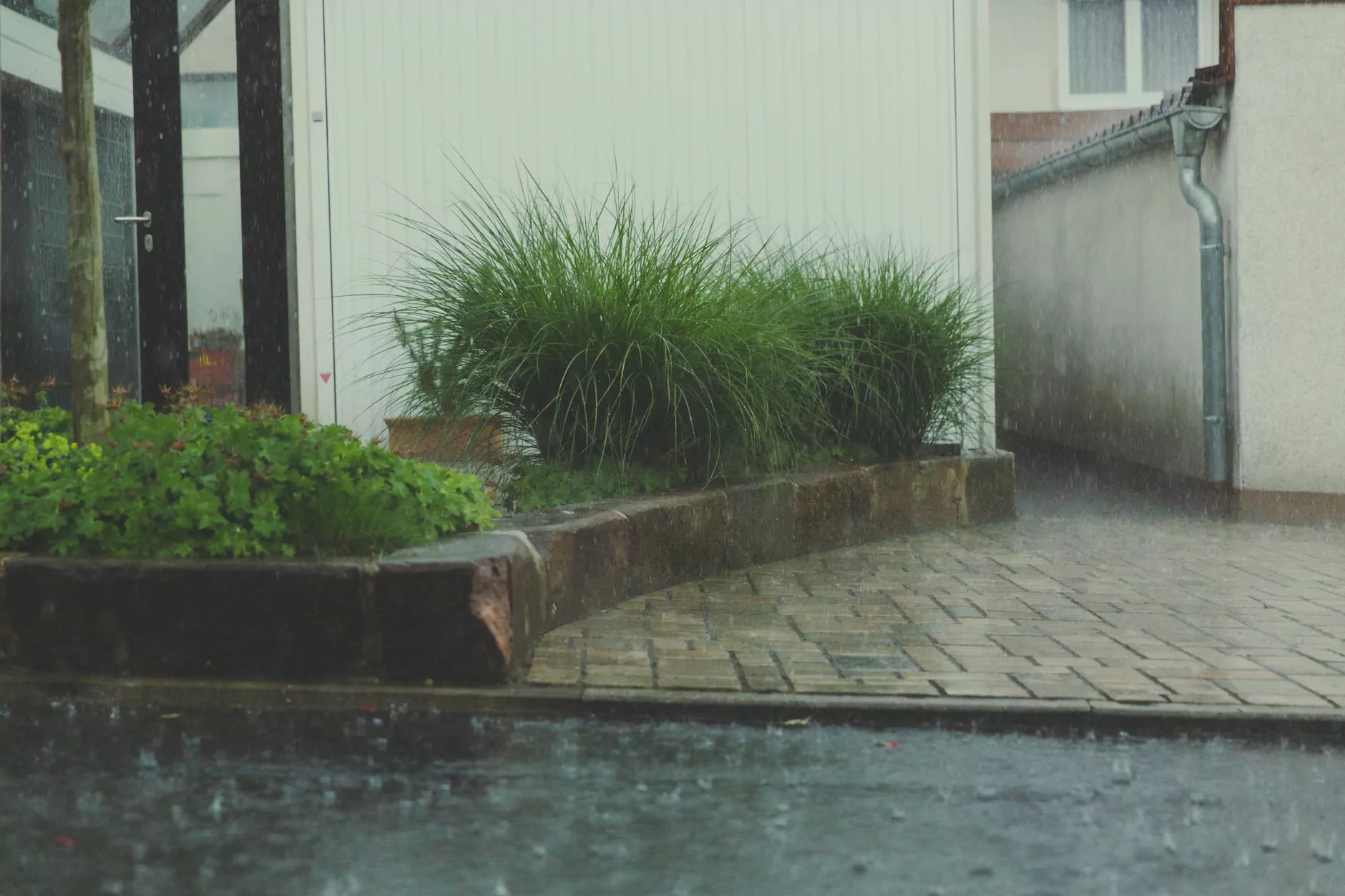Understanding Swimming Pool Coping Repair: A Comprehensive Guide

When it comes to maintaining your backyard oasis, swimming pool coping repair is a crucial aspect that requires attention. Coping refers to the material that surrounds the edge of the pool, serving both aesthetic and functional purposes. It not only provides a finished look but also protects the pool structure and ensures safety for swimmers. In this guide, we will delve into the importance of coping, common repair techniques, materials used, and maintenance tips to prolong the lifespan of your swimming pool.
What is Pool Coping?
Pool coping is an essential part of any swimming pool design. It creates a transition between the pool water and the deck or surrounding area. Typically made of stone, tile, or concrete, coping can significantly enhance the overall appearance of your pool while providing safety features such as slip resistance.
The Importance of Pool Coping
Coping serves multiple purposes:
- Aesthetic Appeal: It adds to the visual attractiveness of your pool area.
- Structural Integrity: Coping protects the edges of your pool from damage and helps maintain the shape of the pool.
- Safety: A properly installed and maintained coping provides a safe area for entry and exit from the pool.
Common Types of Pool Coping
Understanding the different types of coping available can help you in selecting the best option for your pool repair. Here are some common types:
- Concrete Coping: Durable and customizable, concrete coping can be poured and shaped to fit any design.
- Stone Coping: Natural stone provides a stunning look and is highly durable against harsh weather conditions.
- Brick Coping: Brick is a classic choice that offers a traditional look, available in various colors and patterns.
- Tile Coping: Tiles bring vibrant colors and intricate designs to the pool area, with the added benefit of slip resistance.
Signs That Your Pool Coping Needs Repair
Recognizing the signs of wear and tear can help in timely repairs, which can save you time and money in the long run. Here are the most common indicators that your pool coping may need attention:
- Cracks or Chips: Visible cracks or chips in the coping material can compromise the structural integrity of your pool.
- Loose Stones or Tiles: If you notice any loose pieces, it's essential to address this promptly to avoid injury.
- Water Pooling: Unusual water levels around the pool perimeter can indicate drainage issues or damaged coping.
- Blistering or Crumbling: This suggests deterioration of the material due to weather exposure and requires immediate action.
DIY vs. Professional Swimming Pool Coping Repair
When it comes to swimming pool coping repair, homeowners often face the dilemma of whether to tackle the repairs themselves or hire a professional. Here are some considerations:
DIY Repairs
Some minor repairs can be handled by avid DIYers. Tasks such as:
- Filling small cracks with the appropriate sealant.
- Regrouting tiles that have become loose.
- Replacing individual coping stones or bricks.
However, be aware that improper repairs can lead to further damage, making it essential to evaluate your skills and knowledge before proceeding.
Professional Repairs
For more extensive damage or if you are unsure about the repair process, hiring a professional is often the best route. Professionals bring:
- Experience and expertise in identifying underlying issues.
- Access to high-quality materials and tools.
- Assurance of warranty for repairs performed.
If you're located in the area, consider reaching out to poolrenovation.com for expert advice and services tailored to your needs.
Steps for Repairing Pool Coping
For those who decide to undertake swimming pool coping repair themselves, here’s a detailed step-by-step process:
1. Assessment and Cleaning
Begin by assessing the extent of the damage. Inspect the entire coping area for cracks, loose stones, or other indicators of wear. Once assessed, thoroughly clean the coping surface with water and a mild detergent to remove dirt and debris.
2. Repairing Cracks
If you find cracks, fill them with a suitable repair compound. Use a caulking gun for better control, ensuring to smooth it over to blend with the surrounding surface.
3. Replacing Loose Stones or Tiles
For any loose tiles or stones, remove the old adhesive and replace with a high-quality pool adhesive. Ensure proper alignment before pressing down firmly.
4. Grouting
If you have tile coping, regrouting can help restore the appearance and durability. Mix grout according to the manufacturer's instructions and apply it using a float tool, ensuring it fills all gaps.
5. Sealing
Once all repairs have been made, apply a sealant appropriate for the coping material to protect it from the elements. This step is particularly important in preventing future damage.
Maintaining Your Pool Coping
Regular maintenance is key to prolonging the life of your pool coping. Here are some tips to keep it in optimal condition:
- Regular Inspections: Periodically check for cracks, chips, or looseness.
- Cleaning: Keep the coping clean to prevent algae and debris buildup.
- Seal Every Few Years: Reapply sealant every few years, depending on the material and exposure to elements.
Why Choose Pool Renovation Services?
If you decide that professional help is the best course of action, poolrenovation.com offers a comprehensive range of services. Their experienced technicians provide quality workmanship to ensure your coping repairs are done right the first time.
Benefits of Professional Pool Renovation
- Expert Knowledge: Professional services understand the specific needs of different pool types and coping materials.
- Quality Materials: They utilize high-quality materials designed for longevity and resistance to weather conditions.
- Time-Saving: Professionals can complete repairs much quicker than the average homeowner, allowing you to enjoy your pool sooner.
Conclusion
In summary, understanding the significance of swimming pool coping repair is essential for any pool owner. Whether you wish to undertake repairs yourself or enlist professional help, knowledge of the materials and techniques available will empower you to make the best decisions for your pool. Don't overlook minor issues, as they can lead to more significant problems if not addressed promptly. Invest in your pool and enjoy endless hours of relaxation and fun for years to come!









